
It's rate-setting season for insurers, although the full picture for 2022 premiums won’t emerge for some months yet.

It's rate-setting season for insurers, although the full picture for 2022 premiums won’t emerge for some months yet.

In this final part of a two-part video series, Briana Contreras, associate editor of Managed Healthcare Executive, spoke with Summit Health’s Chief Quality Officer Ashish D. Parikh, MD, and Chief of Population Health Jamie Reedy, MD, about value-based care programs and contracts within Summit Health and what it takes to invest and implement these programs into your healthcare organization.

AstraZeneca gets FDA nod for Saphnelo, BMS pulls indication for Istodax, Merck to seek another use for Keytruda, Tecentriq is granted priority review for NSCLC and COVID-19 cocktail gets expanded EUA.

In this first part of a two-part video series, Briana Contreras, associate editor of Managed Healthcare Executive, spoke with Summit Health’s Chief Quality Officer Ashish D. Parikh, MD, and Chief of Population Health Jamie Reedy, MD, about value-based care programs and contracts within Summit Health and what it takes to invest and implement these programs into your healthcare organization.
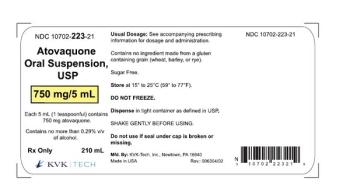
The therapy for HIV-related pneumonia was exposed to cold weather during shipment.

FDA approval means that pharmacists can swap biosimilar Semglee, an insulin product, for brand-name Lantus, although state-level pharmacy rules may apply.

The therapy can now be used for post-exposure prevention in people at high risk for progression to severe disease.

Managed Healthcare Executive had a conversation with Kelly Chillingworth, RPh, director of business development at RxBenefits this week about the unique connection between pharmacy and telemedicine, what impact telemedicine & its pharmacy costs have on self-funded employers and how the right virtual care services a health provider offers to their members can be essential to building a competitive benefit.

By enabling a more efficient, integrated process, electronic payment solutions are optimizing payment processes for payers and providers at a time when reliable, accurate and timely payments are of utmost importance to healthcare organizations.

Recommendations include stronger CMS standards on SDoH data collection, greater transparency on supplemental benefit offerings within Medicare Plan Finder, and modifications to Star Ratings and risk adjustment to account for social risk factors

The Centers for Medicare and Medicaid Services and the Treasury Department recently proposed a new rule intending to expand access to health coverage for individuals currently in or interested in entering the Marketplace.

Artificial Intelligence in dentistry and dental benefits will lead to a shared understanding between consumers, dentists and insurers.
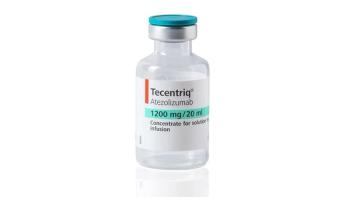
The FDA is expected to make a decision on this indication by December 1, 2021.

The Society for Immunotherapy of Cancer (SITC) released guidelines based on FDA approved immune checkpoint inhibitors (ICIs) for the treatment of urothelial cancer arising from the bladder and other areas of the urinary tract. The guidelines were based around therapies such as the programmed cell death protein 1 (PD-1) inhibitors Opdivo (nivolumab) and Keytruda (pembrolizumab) and the programmed cell death ligand 1 (PD-L1) inhibitors, Tecentriq (atezolizumab), Bavencio (avelumab) and Imfinzi (durvalumab).

Coffee may have some protective properties. Alcohol implicated, again, as a risk factor.

Micronoma, a San Diego company, says its technology picks up signs of very early cancer from disrupted microbiome.
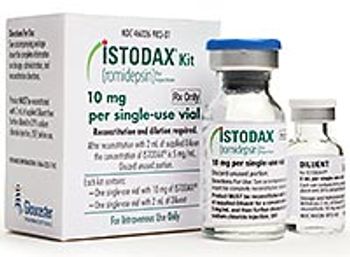
The therapy had received accelerated approval in 2011 but a phase 3 confirmatory trial found it did not meet the end point of progression-free survival.

The sickle cell disease therapy will now be on the Preferred Drug List.

Amida Care’s Doug Wirth says they should work with state-level officials to make sure services are covered after Biden administration’s guidance that coverage is mandatory.

Newly approved drugs put the brakes on particular “driver mutations,” that when unimpeded, rev up the runaway cell growth and division that characterizes cancer.
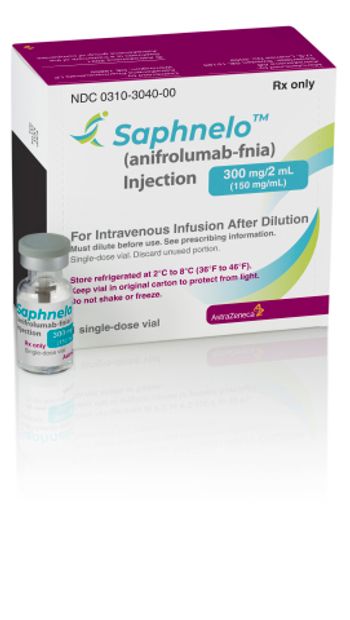
This is the first new approval for lupus in a decade.

The agent targets excessive daytime sleepiness.

Patients with high amplification of the MET gene had a response rate of 38.1%, more than twice the response rate of those with medium amplification.

Pharmacies will need to obtain pre-dispense authorization for clozapine.

The favorable results could mean a new treatment option for patients with HIV whose disease has not responded to other treatments. They may also be another step toward HIV treatment that doesn’t depend on daily pills.

Adam Sabloff, CEO and founder of VirtualHealth, says his father’s watchwords, “if you don’t quit, you’ll win,” have inspired and motivated him throughout a varied career that has had ups and downs.

Approval of the first interchangeable biosimilar; new indications for Keytruda, Botox, and Nucala; Shingrix label's expanded to a new patient population; and Ardelyx’s Complete Response Letter round out this week's FDA news.
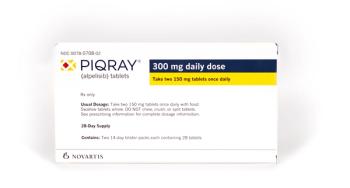
Some fatal cases of ketoacidosis have occurred, and high-risk patients should be monitored when starting treatment.

Study finds antibiotics, antidepressants, anti-platelets and other drugs contribute to adverse events and mortality.

In this special episode of Tuning In to the C-Suite podcast, MHE Associate Editor Briana Contreras met with HM Insurance Group Sales Director Adam Gottesman to discuss the ongoing and critical need for reinsurance in healthcare.